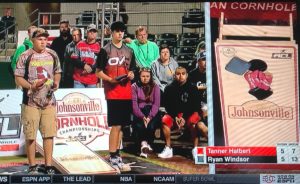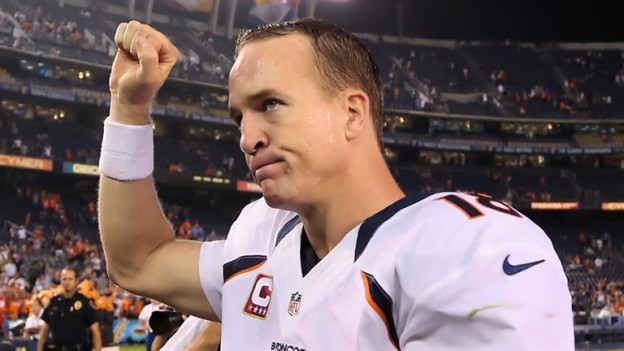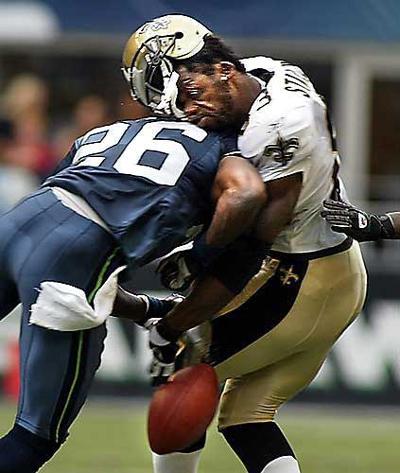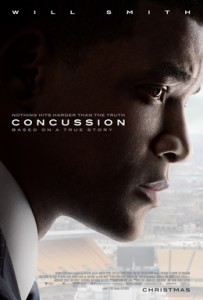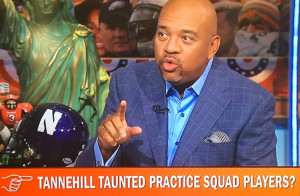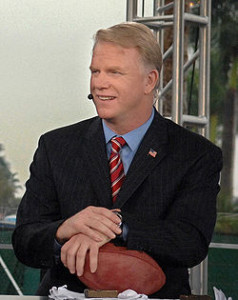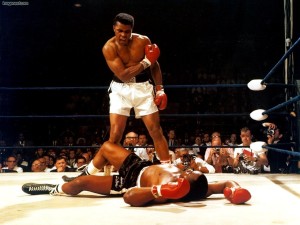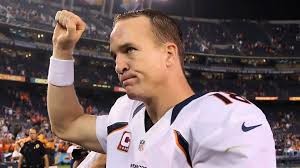Two American TV institutions checked into hospice last month.
Of course, no one is going to officially pronounce dead the Miss America Pageant and the National Football League. Nostalgia and straggling sponsors alone would never permit it.
But both near-century-old organizations (Miss America was founded in 1921, the NFL in 1920) entered the autumn of their TV lives with a single rule change and a call for another. And make no mistake: To die on American television (and hence forfeit social relevance) is to die in America. Just ask Roseanne Barr or Jon Stewart.
Miss America and the NFL’s hospice stays may be indefinite, like Broadway plays. And they may enjoy brief public remissions — also like Broadway plays. They may even produce the occasional Hamilton: something you haven’t seen, but you’ve heard good things.
Still, it was hard not to hear the buzzard caws with the latest headlines (or lack thereof). The first came on June 5, when Miss America officials announced they were ditching the bathing suit and evening gown competitions in favor of “a more interactive experience with judges to showcase the beauty inside,” one press release peacocked.
The news was greeted with uniform praise. ‘It’s a Start,’ the website Vox proclaimed.
I think you may be looking through the wrong end of the binoculars, Vox. A start of what? A better way to parade show ponies? It’s hard enough to grasp how any pageants still exist in the #Metoo landscape. These are the actual opening lyrics to the Miss America theme song, as written by Bernie Wayne (you weren’t expecting a female composer, were you?):
“There she is, Miss America
There she is, your ideal
The dreams of a million girls”
Barbie couldn’t have said it better herself.
Miss America, in particular, has a rich history of not reading the room. Consider past pageants; Which stand out more: the dresses/bikinis on display or the imbecilic questions/answers in the interview session? It was Old Faithful humor for late night comedians and smarmy news anchors.
Also, how is judging internal beauty any less absurd than judging the external? Is it less offensive to say, ‘Sorry, you’re not as pretty on the inside as Miss Idaho’? How the fuck do you know? Isn’t it more insulting? And will we see 300-pound Miss Americas? I’d love it, but I doubt it.
Just be honest, pageant organizers. As TV entertainment, you’re on life support because you’re ignoring your core drives, conveniently tucked in the Seven Deadly: lust and envy. In 1921, Miss America began as a “bathing beauty revue,” as that was about as much skin as you could publicly flaunt back then. Today’s Internet has already nullified the sexuality to the show. And if viewers want an actual and entertaining measure of internal beauty, there’s lots of choices, including the National Spelling Bee and Jeopardy!
The second group’s demise is a little more subtle, and a helluva lot more nefarious.
On June 20, Brett Favre — the former Green Bay Packers star quarterback, current Wisconsin god and future Hall of Famer, granted an interview to England’s The Daily Mail. In it, Favre, the poster boy of NFL toughness, made the startling admission that not only did he fear he suffered from Chronic traumatic encephalopathy, but that children should not be allowed to play tackle football until kids are at least 12.
“The body, the brain, the skull is not developed in your teens and single digits,” he told the paper. “I cringe. I see these little kids get tackled and the helmet is bigger than everything else on the kid combined. They look like they’re going to break in half.”
He said he came to the conclusion after seeing his own kids express an interest in playing.
“Maybe that’s selfish, but what are the odds of him becoming the next Brett Favre? What if he plays one year, gets a major concussion, and is never the same,” Favre said. “I would feel horrible.”
This is tantamount to Babe Ruth renouncing fast-pitch baseball. If American mothers gain wind of the Favre interview, the sport is done. Mothers decide what games we play. How many are going to allow Junior to suit up when a legend of the sport tells won’t let his own kid play because of the deadly risk?
Even more damning: the way news outlets covered the interview, which was barely. ESPN had a 30-second spot in the middle of its nightly sports newscast. But the network owns multi-million dollar rights to future NFL broadcasts. They will inevitably lose a fortune if America quits tossing the pigskin. Ulterior motive, anyone?
You could be a little more honest too, Gipper. The NFL also exists in two of the Seven Deadly realms: Greed and wrath. You know your existence comes courtesy of the primal urge to watch human beings bludgeon one another into retardation. We loved it with the Greeks, we love it with the Cowboys.
Perhaps American institutions simply have a century-old expiration date in an ever-changing zeitgeist. It’s fitting that both of these institutions once represented the height of femininity and masculinity. Miss America and the winning Super Bowl quarterback were once America’s prom king and queen. But the years have morphed them into measures of the toxicity of gender identity.
But fear not, ogle junkies. Pornhub gets nearly as many queries as Google, so your prurient needs aren’t aren’t at risk.
As for brain-bruising-free competition, ESPN has ramped up coverage of non-concussive sports, including championship darts and drone racing. They even began national coverage of the picnic sport of the masses, in which you toss a beanbag at a target with a hole in the center.
It’s called cornhole. Seriously. If ESPN has its way, you’ll soon ask your soulmate, “Let’s skip the movie. Can we go cornholing?”
Who says you can’t mix sport with sexiness?


